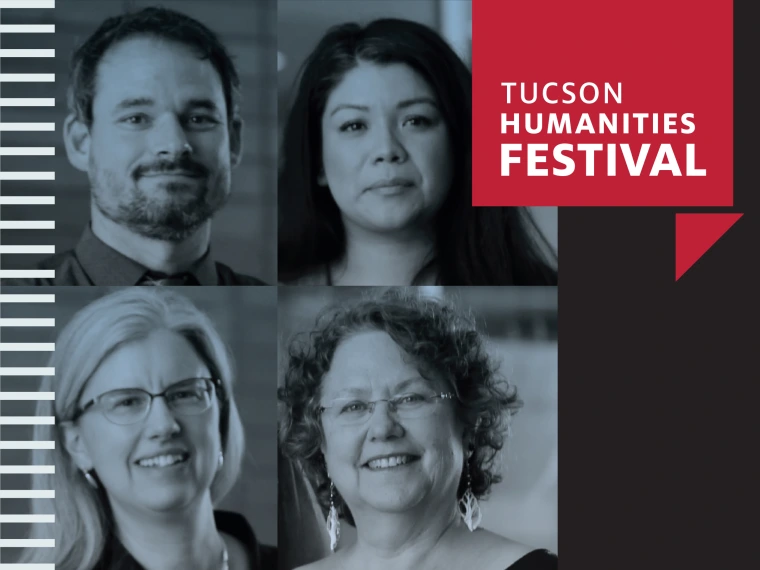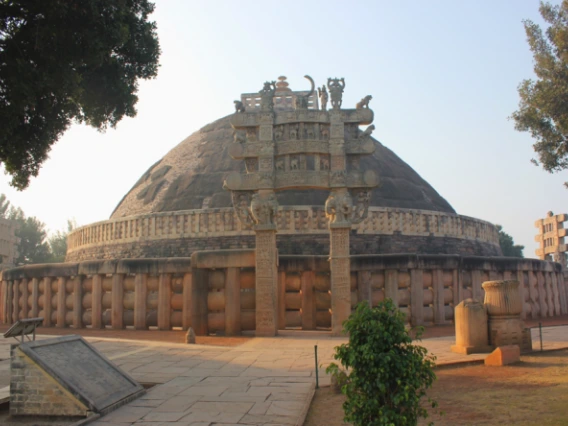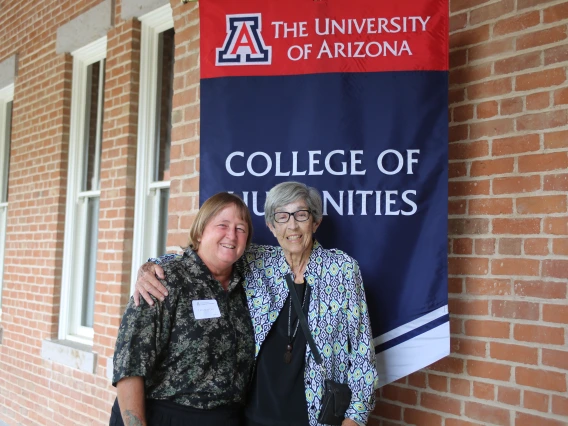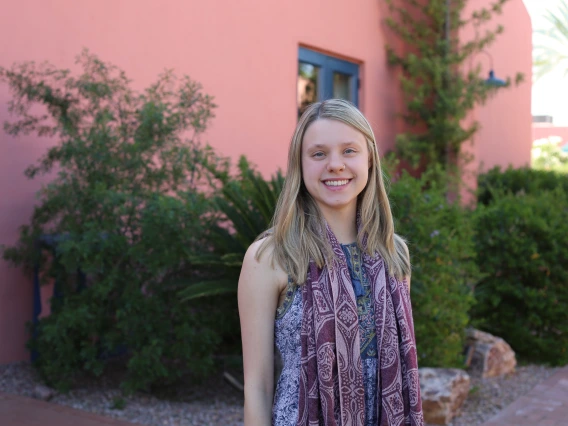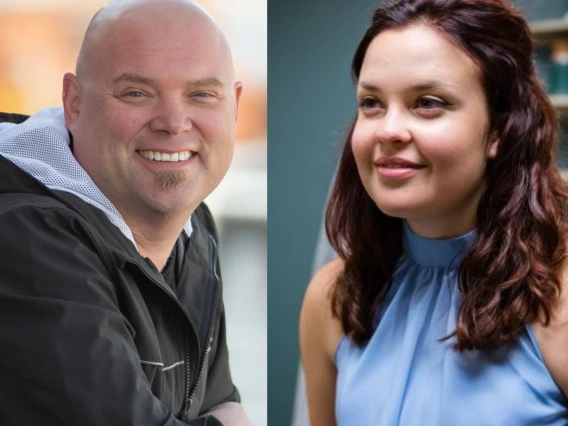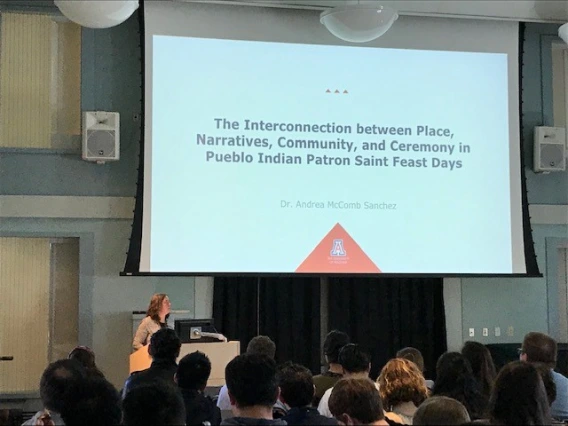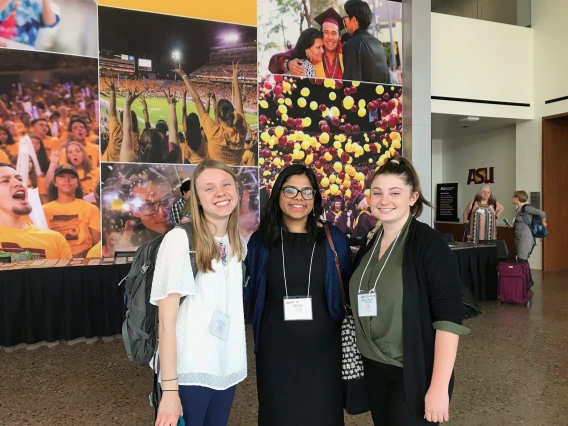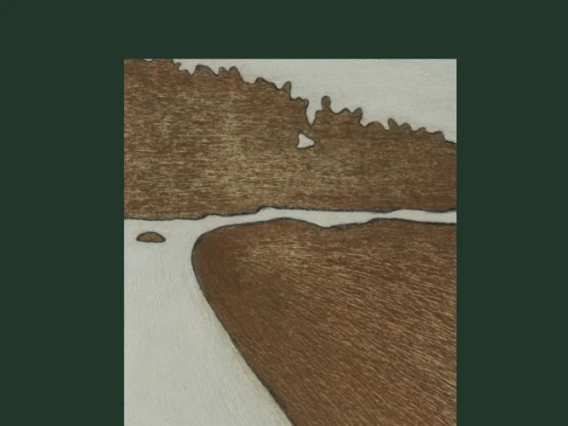Donna Swaim, who touched thousands of students’ lives in her 50 years teaching at the UA, brought a commitment to study abroad that the College of Humanities continues today.
In thanks for her life-long service to the University of Arizona and her dedication to generations of students, Dr. Swaim was the guest of honor at the 2019 College of Humanities Honors Luncheon.
Starting with her first trip in 1979, when she led a small group of students across England and France, Swaim was passionate about enabling enriching international travel experiences for her students.
“The value of study abroad is that you’re seeing for yourself that the things in the book actually exist,” Swaim says. “They can show you a picture of it and they can tell you about it, but you have to be there. You see and learn so much more than is in the textbooks.”
During her time at the University of Arizona, Dr. Swaim led hundreds of students on a total of 24 trips abroad, visiting a wide array of countries including Armenia, Austria, Belgium, Bosnia & Herzegovina, Cambodia, the Czech Republic, Egypt, England, Estonia, Finland, France, Germany, Georgia, Guatemala, Hungary, Iceland & the Faroe Islands, Italy, Latvia, Lesotho, Lithuania, Mali, Moldova, Morocco, Nepal, Nicaragua, Norway, Romania, Russia, Senegal, Slovakia, South Africa, Sweden, Tunisia, Turkey and Zimbabwe.
Swaim led her first group on a trip before there was any formal study abroad office at the UA. Those students are planning a reunion for this summer. One of those students, Emilee Mead, wrote in her journal at the time:
“I’ve seen things, felt feelings and experienced events that I never imagined and which I never could have prepared myself for. All the reading in the world, or the wildest imagination cannot replace the reality of strolling on a narrow, winding cobblestone street of a small French village.”
Chelsea Forer, a 2019 graduate in Religious Studies who studied abroad in Bhutan as a 2017 recipient of the Donna Swaim International Award for Religious Studies, spoke about her experiences.
“I am proud to call myself an honorary member of the legacy that is Dr. Donna Swaim. Her kindness and passion are contagious and her commitment to her students is inspiring,” Forer said. “My trip to Bhutan expanded my boundaries to spaces I did not know possible. My life has never been the same and I guarantee each of Dr. Swaim’s students share in my sentiment.”
To support student study abroad, donate to The Donna Swaim International Award For Religious Studies.
